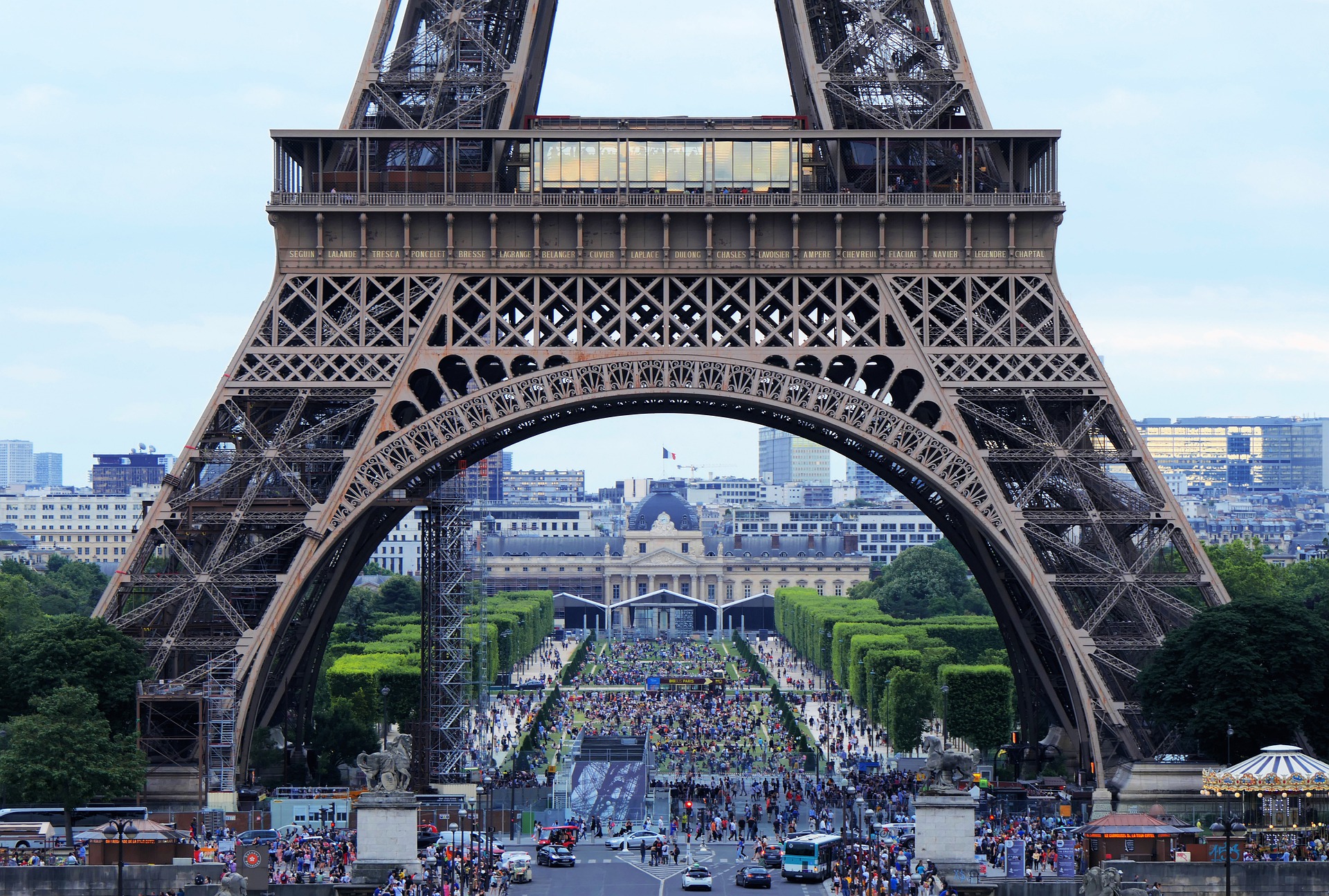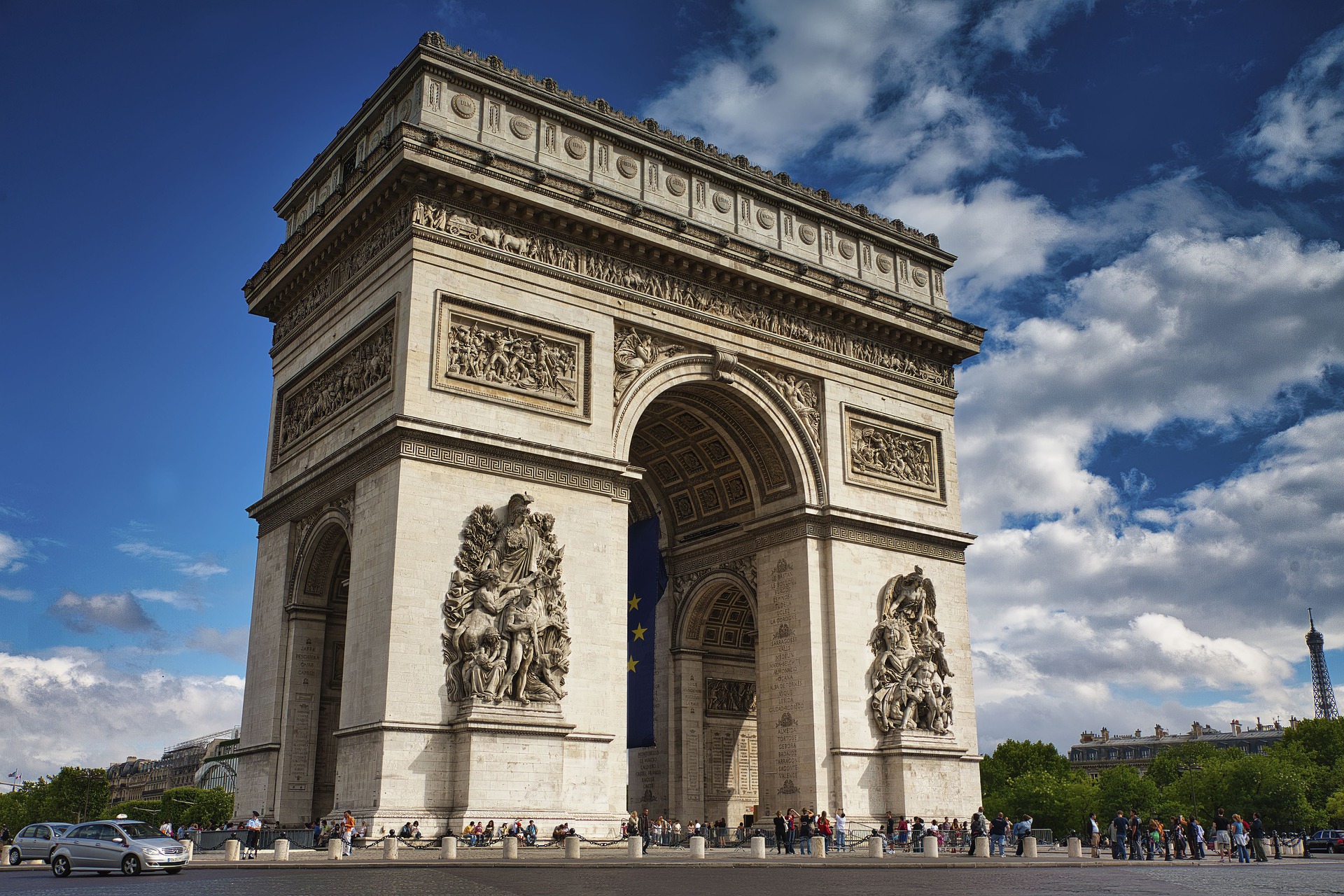The summer season has arrived in France, and the country is preparing for an influx of visitors to launch its tourism and hospitality sector. This week, France entered its fourth and final phase of its gradual completion of the blockade restrictions. The Louvre receives visitors, the Eiffel Tower prepares for the opening, and dinner indoors returns. If you are planning to visit France, here is an overview of the current restrictions and what you can expect from your trip.
Can I go to France from the EU?
France has adopted the EU’s COVID-19 digital certificate, which facilitates the return of free movement through the block. This is a digital or paper certificate stating that the owner meets the conditions of travel: fully vaccinated (last dose administered at least 14 days before departure), or cured of COVID-19, or has a negative COVID-19 result from PCR or antigen test, made within 48 hours of the trip.
If you come from an EU country with a good epidemiological situation, ie to a green area in the traffic light system of the European Center for Disease Prevention and Control, you do not need to present a COVID digital certificate to travel to France.

Can I go to France from a non-EU country?
Yes, provided that you travel from a country with a good epidemiological situation. France uses the EU traffic light system for international visitors, classifying countries into red, amber and green, depending on the situation with COVID-19 there. Under this system, the United States, Canada, Australia, New Zealand, Japan, Singapore, South Korea, Lebanon and Israel are among the countries classified as green.
This means that fully vaccinated visitors from these parts of the world are allowed to travel to France without restrictions. However, they must be fully vaccinated with a vaccine approved by the European Medicines Agency (EMA), including Pfizer, Moderna, AstraZeneca or Johnson & Johnson (known as Janssen in France). Visitors to green countries who have not been vaccinated must present a negative antigen or PCR result as a result of a test performed no more than 72 hours before departure for France.
The UK is among the countries on the amber list, which means that travelers can visit fully vaccinated travelers, but before traveling to France they must also pass an antigen or PCR test before traveling and get a negative result. Vaccinated travelers from amber countries must be quarantined within seven days of arriving in France without passing the test.
Fully vaccinated travelers from red countries, including Argentina, Brazil, and South Africa, where the virus is widespread, are barred from entering France for minor travel reasons. They can travel for important reasons if they are tested for COVID-19 and quarantined for seven days before traveling. Red countries that have not been vaccinated must be quarantined for 10 days if they travel to France for significant reasons.

Do children need to be vaccinated to enter France?
All but children aged 11 to 18 must provide a negative PCR or antigen test to travel to France.
Can I take the test in France?
Many countries, including the United States, require passengers to submit a negative COVID-19 test result before boarding a flight from an international trip. Both PCR and antigen tests are widely available in France. You can find the nearest testing center here.
What is open in France?
France is now in the final stages of its four-stage journey outside the castle. The national curfew is over, and masks are no longer needed outdoors, but you still need to have them when entering enclosed public places, as well as on public transportation and in public outdoor areas.
Local authorities can now decide which restrictions to apply, so check in advance what local restrictions exist in the region you are traveling to, as they may be different. For example, Les Lande in the south of France postponed the transition to the final stage of the blockade until July 6, but in general the situation is coordinated throughout the country.
Outdoor terraces in cafes, restaurants and bars are back all over France, and indoor dining is back at 50%, with a limit of up to six people per table. Now people can visit the Louvre, as cultural attractions, concert halls, theaters and museums take visitors back. The Eiffel Tower, which has been closed since October, will reopen on July 16. Unnecessary shops and markets also work, although they have current guidelines.

